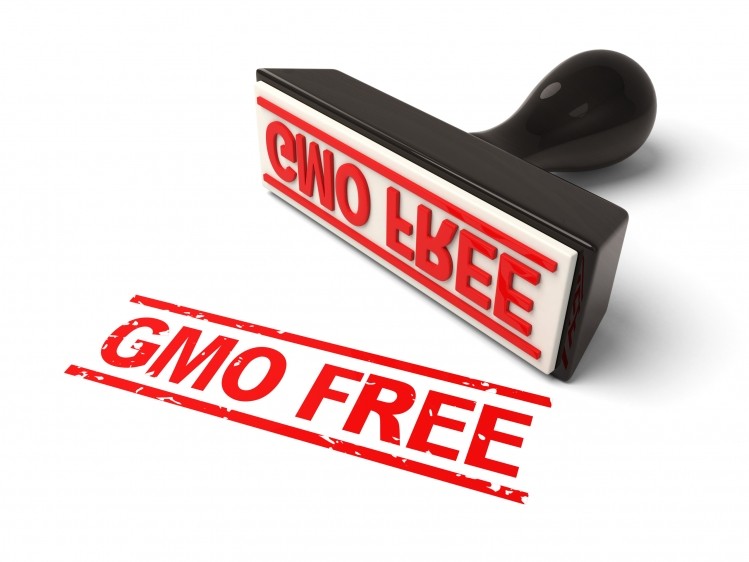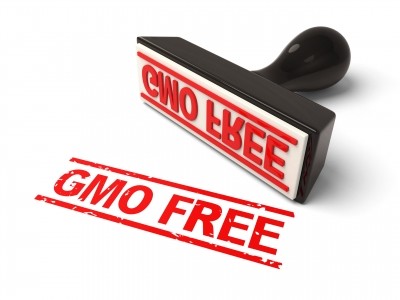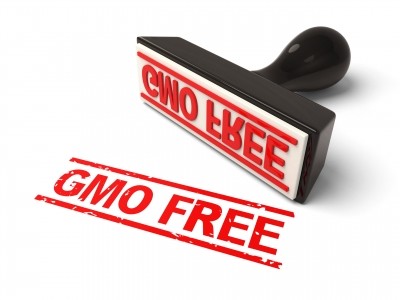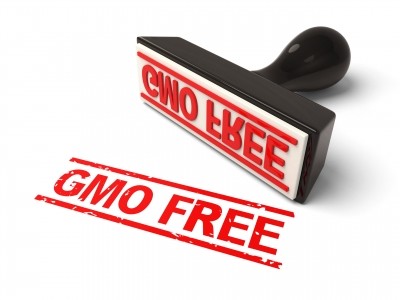US: Feed orgs, growers unite behind new GMO labeling bill

The proposed bill, brought by members of the Senate’s Agricultural Committee, was announced on Thursday. However, it was not expected to completely negate the influence of a state-level bill from Vermont on GMO labelling.
The American Feed Industry Association (AFIA), National Grain and Feed Association (NGFA), American Soybean Association (ASA) and the National Milk Producers Federation (NMPF) called for the federal bill be passed.
“We appreciate Sen. Pat Roberts, R-Kansas, and Sen. Debbie Stabenow, D-Michigan, for the efforts they have made in trying to achieve bipartisan consensus on a way forward, but time is of the essence,” said Randy Gordon, NGFA president. “We hope both the House and Senate can come together expeditiously to pass a national labeling standard that will prevent harmful disruptions in the nation’s supply chain.”
"This agreement would protect everyone who touches the US food chain from the costly and negative impacts of Vermont's on-package labeling mandate,” added Leah Wilkinson, vice president of legislative, regulatory and state affairs, with AFIA. “It also gives consumers access to the information they desire when making food-related decisions and does so without shunning GE [genetically engineered] products.”
The Vermont law, which requires that products made from genetically engineered items or including biotech ingredients be marked, passed in 2014, is set to take effect on 1 July.
“GMO labeling has been a priority for several years,” a spokesperson for the ASA told FeedNavigator. “We wanted a voluntary path forward, and we thought that was realistic and ended up with a mandatory path forward," he added.
Although organizations supporting the bill are calling for it to be passed soon, it is not likely to hit that target until after 1 July, said the spokesperson.
“The fact that the House is adjourned [means] we’re not going to get it through the House until after the 4 July holiday,” he said. “It becomes more critical that the House comes back and gets to it after the first week in July.”
Bill details
The bill defines bioengineering in regards to food as a product containing genetic material modified with recombinant DNA or that could be breed conventionally or found in nature, according the bill. It also specifies that the food to be labeled is for human consumption.
The Secretary of Agriculture would have two years to create a national standard for the disclosure of bioengineered food, and set the procedure needed for the standards to be used.
The secretary also would need to establish the amount of bioengineered substance in a food for it to be labeled, a review process to determine if a tag were needed and set that the mark used be text, a symbol or digital link – excluding a website URL that was not a link. The food manufacturer would be able to pick which option was used.
Additionally, an alternative process or mark would be needed for small packages and small manufacturers would have an additional year to meet regulations.
However, food derived from an animal would not be considered bioengineered based only on the premise that the animal ate feed made from or containing bioengineered ingredients.
The bill also would not allow for more stringent requirements to be passed at the state level.
Vermont influence
The ASA, AFIA, NGFA and NMPF, among others, had been pushing for a federal bill to preempt state-level bills in the style of the Vermont law out of concern for what they might include.
That Vermont regulation does not apply labeling requirements to livestock feed and does not insist that any animal products, like meat, eggs or milk, from animals eating feed with genetically engineered ingredients also carry a notice.
However, other states following Vermont might seek to change that, said Wilkinson, in an earlier interview.
“Without a federal labeling solution, states have the ability to require animal food products, just the same as human food products, to identify genetically engineered ingredients via a label or other means,” she said. “Vermont excludes animal food from their law; however, we have already seen other states introduce language that includes feed and pet food products. This is, and should be, a growing concern for our industry until a federal solution is agreed upon, putting a stop to this patchwork system currently at hand.”
Additionally, there is a concern that some states will push to also identify animal products, she said.
“Food products derived from animals fed GE products (i.e. dairy or meat) are exempt from the Vermont law,” she said. “It is possible without a federal solution that any state could write their laws differently, requiring these products to be labeled.”








